Simple way to reduce stress and anxiety in the home
Experts agree, turning your home into a sanctuary could be as simple as pressing a button – and the best part is, it doesn’t cost a cent.
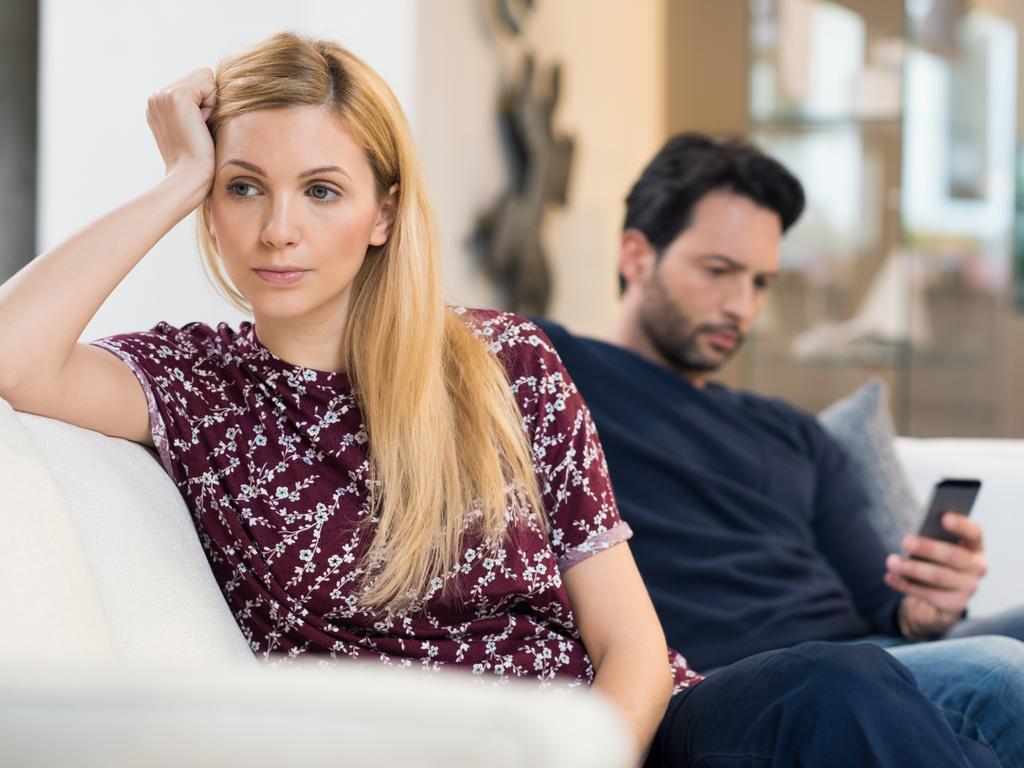
Experts say there is one way to reduce stress and anxiety in the home that is completely free – turning off your Wi-Fi at night.
It comes as Australians face a growing health problem exasperated by the digital age.
The pandemic-led social isolation of recent years caused anxiety rates to rise – which can rapidly translate into physical problems.

“Social isolation and loneliness is right up there with obesity when it comes to morbidity numbers,” says clinical psychologist Tara Thomas.
MORE: How to reinvent the humble garden shed into a dream retreat
Hey hackers: Cyber experts’ warning over smart home gadgets
ReachOut’s clinical lead Linda Williams says that young people are especially at risk.
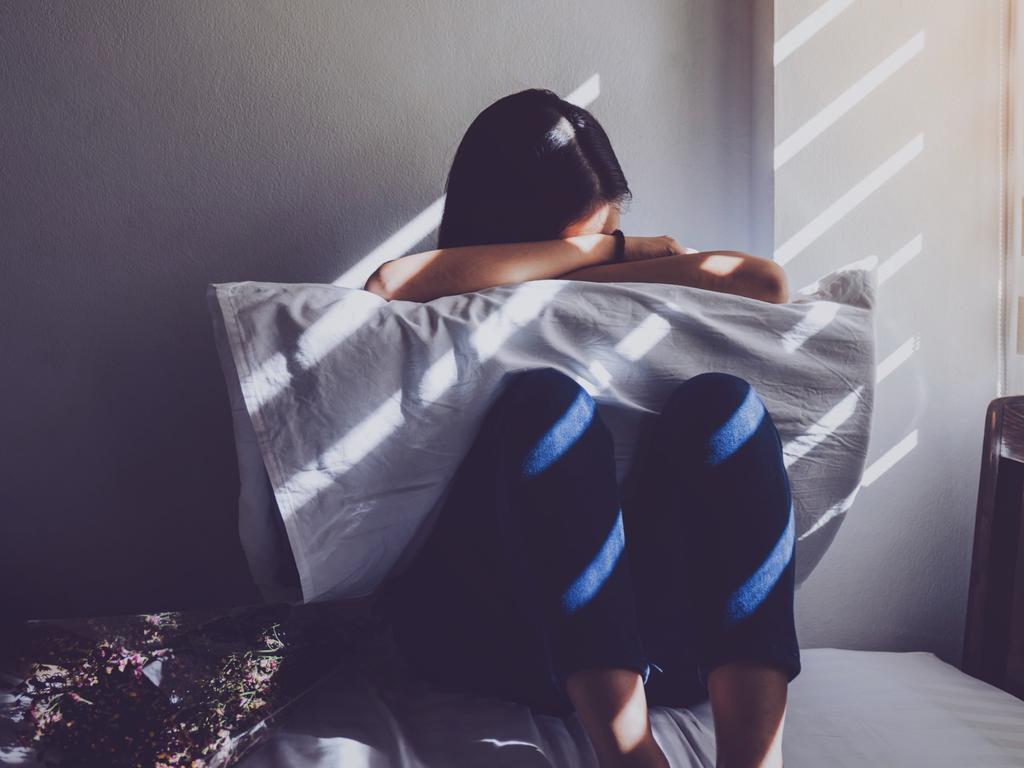
“During the pandemic, we saw high levels of anxiety, with people finding it hard to get away from the home,” she says.
“Statistically, the figures we saw in 2020-21 was that a third of young people were experiencing anxiety.”
“Since then, we have seen personal and global events have an impact on people – from the cost of living and finding jobs to climate change.”

Williams believes digital devices are playing a role.
“It can be great to connect with people you wouldn’t normally see, but the flip-side is overuse – if you’re always getting negative updates, that can be stressful,” she says.
“And then, of course, there are the negative comparisons that can be made with people seemingly living unrealistic existences on social media.”
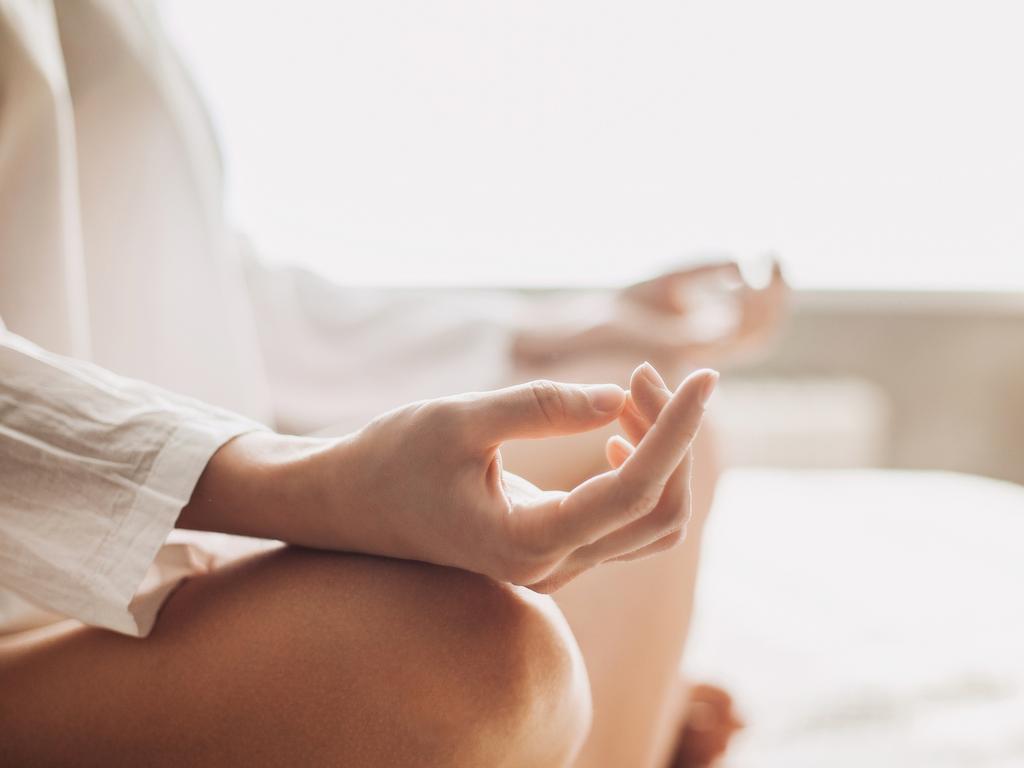
Positivity matters
There are no set rules around using devices, but Williams suggests curating a more positive feed if necessary – and definitely limiting the use of devices before bed.
Feng Shui master Jane Langof, owner of Sydney’s Feng Shui Concepts goes a step further.
“I know it will sound scary to some people, but switch off the Wi-Fi completely at night if you can,” Langof says.
“Electromagnetic fields are not good for restful sleep. At the very least, charge your phone in the other room, rather than next to your pillow.”
“It will also help to have your mobile out of sight at night.”
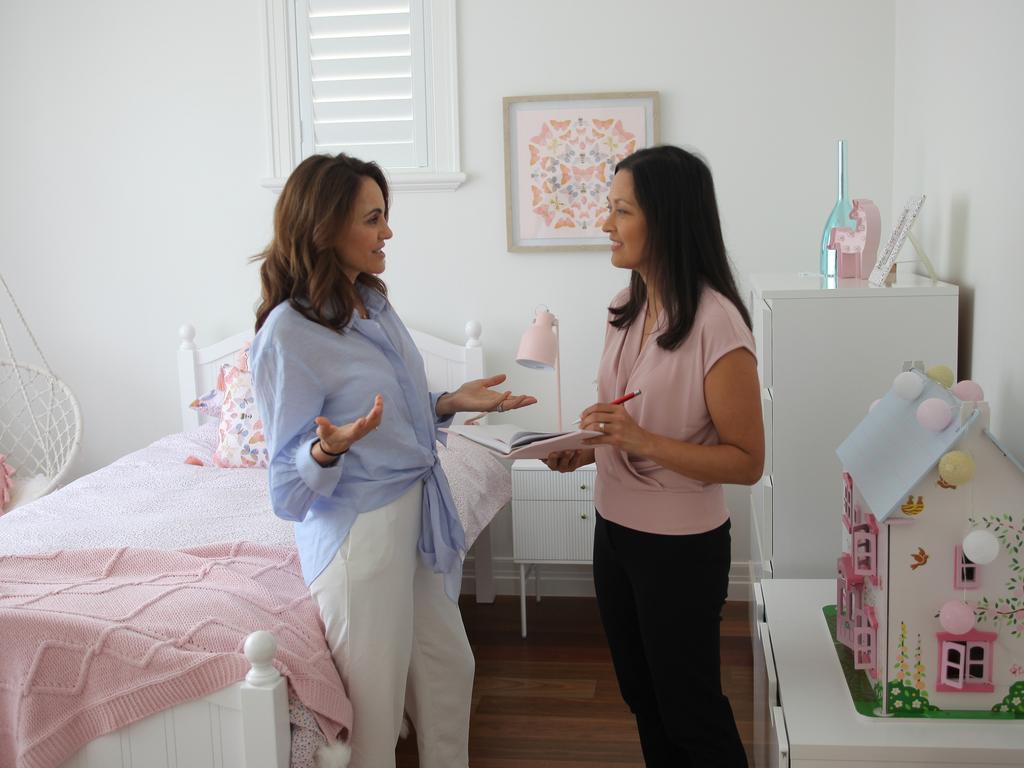
Langof recommends removing all devices from the bedroom – including the TV.
“Televisions are a no-no, along with computers, phones and even fish tanks,” she says. “Active Yang energy is a big taboo. You shouldn’t have any electrical devices in the bedroom and I’d even include electric blankets in that.”
“You need a quiet, restful space to sleep properly – and I’d even check if the meter box on your property is on the outside wall where your bedhead is.”
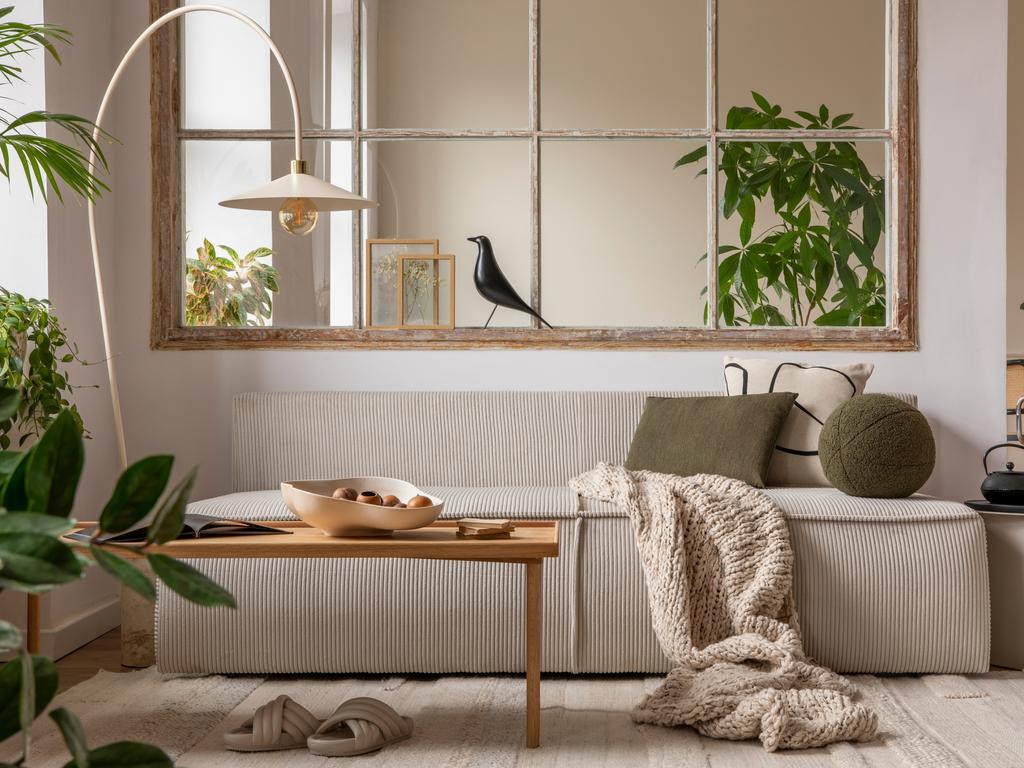
It’s about balance
Along with devices, the work-life balance is another area of stress that Williams and Langof agree on.
“It does depend on individual circumstances and size of the home, but if possible, have a separate space for work and rest,” says Williams.
“At the very least, mark out a separate space, and then at the end of the working day, put away or cover your laptop.”
“Try and delineate between work and relaxation or sleeping areas,” agrees Langof.
“Use a different seat to eat in from the one you work in.”
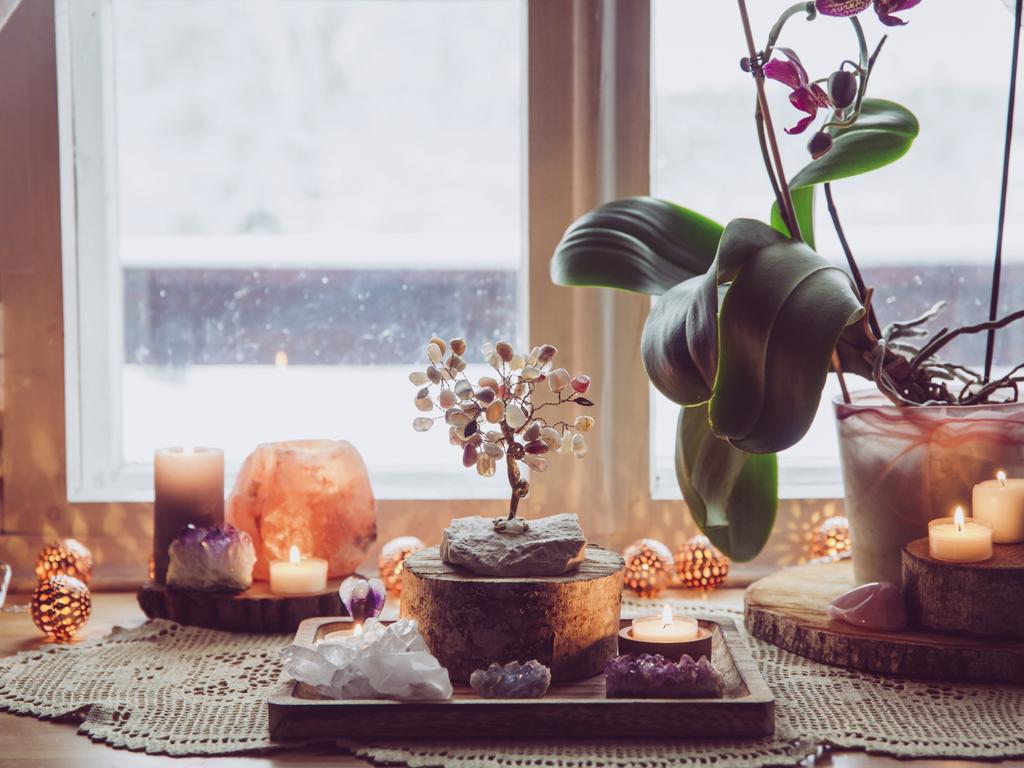
“And if you can’t have a separate office, then create a cool nook, maybe have a partition, and pack away work stuff at night so that you’re not seeing it.”
Langof offers other ideas for relieving stress and creating more nurturing environments in the home, in particular using plants, natural materials, peaceful colours and curved designs.
Sitting with your back to a solid wall will create the feeling of support and protection, and make you feel more in control.
“It’s also important to balance Yin and Yang,” she says.
“Equal amounts of black and white, or colourful and neutral palettes.”

Built in harmony
Increasingly, Langof sees these concepts being built into homes.
“I’m finding people are wanting to ensure Feng Shui principles are observed when renovating or building,” she says.
“And that’s definitely the best time to do it.”
“One example I’m seeing, as a result of the pandemic, is less open-plan spaces and more of a mixture of open and closed spaces, and the flexibility to adapt space.”
“Also homes looking for a bit of garden, no matter how small, and a connection to the outdoors.”

If renovating to Feng Shui principles is not an option in your bid to connect with nature, then Williams has a very simple and cost-free option.
“Even having the windows open and allowing in natural light is going to help reduce stress levels to a certain extent,” she says.
MORE: Single mum’s budget home buy solution
Money-saving ways to use DIY offcuts
More Coverage
Originally published as Simple way to reduce stress and anxiety in the home




